Staying Compliant: How to Use AI Legal Tech Software for Regulatory Compliance
Navigating the Future: AI, Finance, and the Legal Frontier The convergence of artificial intelligence (AI), blockchain technology, and evolving financial markets is reshaping industries at an unprecedented pace. From automated trading algorithms to decentralized finance (DeFi) protocols and the rapid growth of crypto markets, businesses are scrambling to adapt. A critical, and often overlooked, element of this transformation is AI legal tech software compliance. As AI becomes deeply integrated into core business operations, understanding and adhering to the complex legal and regulatory landscape is paramount. This blog post dives deep into the interplay of AI, finance, and law, exploring upcoming trends, challenges, and strategies for ensuring responsible and compliant innovation. We’ll unpack the nuances of AI regulatory compliance, blockchain implications, and investment opportunities, offering insights for professionals across finance, technology, and law. The Rise of Intelligent Automation in Finance AI is no longer a futuristic concept; it’s actively driving efficiency and innovation across the financial sector. We're seeing AI-powered tools being deployed in a wide range of applications, including: Algorithmic Trading: AI algorithms analyze vast datasets to identify trading opportunities and execute trades with speed and precision. This has led to increased market volatility, prompting greater scrutiny from regulators. Fraud Detection: Machine learning models can detect fraudulent transactions in real-time, significantly reducing financial losses. Risk Management: AI assists in assessing and managing various types of financial risks, from credit risk to market risk. Customer Service: AI-powered chatbots provide 24/7 customer support, handling routine inquiries and freeing up human agents for more complex issues. Personalized Financial Advice: Robo-advisors leverage AI to provide tailored investment recommendations based on individual financial goals and risk tolerance. However, this widespread adoption raises significant compliance challenges. Traditional regulatory frameworks often struggle to keep pace with the rapid advancements in AI, creating uncertainty and potential legal risks. AI legal tech software compliance is vital to navigate this dynamic environment. The Crypto Revolution and Regulatory Uncertainty The proliferation of cryptocurrencies and blockchain technology has introduced a new layer of complexity to the financial regulatory landscape. Decentralized finance (DeFi) platforms, tokenized assets, and stablecoins are challenging traditional financial models, demanding a re-evaluation of existing laws and regulations. Key regulatory concerns in the crypto space include: Money Laundering (AML) and Know Your Customer (KYC): Ensuring that crypto platforms comply with AML and KYC regulations is crucial for preventing illicit activities. AI can play a significant role in automating these processes, but it also raises concerns about data privacy and bias. Securities Regulations: The classification of cryptocurrencies as securities is still being debated, leading to uncertainty about which regulations apply. The SEC’s ongoing enforcement actions highlight the importance of compliance. Consumer Protection: Protecting investors from fraud and scams in the crypto market is a major priority. AI-powered tools can help detect and prevent fraudulent activities, but they must be used responsibly. Tax Implications: The tax treatment of cryptocurrencies is complex and varies by jurisdiction. Platforms need to provide tools and resources to help users comply with their tax obligations. Data Privacy: Crypto transactions generate vast amounts of data, raising concerns about data privacy and security. To address AI regulatory compliance in crypto, innovative tools are emerging, including decentralized identity systems and AI-powered risk management platforms. Furthermore, organizations like the Financial Stability Board are actively working to develop global regulatory standards for crypto assets. Securing Stock Investments with AI: A New Approach Artificial intelligence is also revolutionizing the world of stock investments. Beyond algorithmic trading, AI is being used for: Sentiment Analysis: Analyzing news articles, social media posts, and other text data to gauge investor sentiment and predict market movements. Tools based on Natural Language Processing (NLP) are becoming increasingly sophisticated. Predictive Analytics: Using machine learning models to forecast stock prices and identify investment opportunities. Portfolio Optimization: AI algorithms can optimize investment portfolios based on risk tolerance, financial goals, and market conditions. Enhanced Due Diligence: AI can accelerate and improve the process of vetting potential investments by analyzing risk factors, financial statements, and market trends much faster than human analysts. The adoption of AI in stock investments brings the added challenge of ensuring fairness, transparency, and avoiding algorithmic bias. Robust data governance and validation processes are essential to building trust in AI-powered investment tools. Emerging Alternative Investment Strategies Besides stocks and crypto, alternative investments are gaining popularity among sophisticated investors. AI is emerging as a powerful tool for managing and analyzing these complex assets. Examples of alternative investments benefiting from AI include: Private Equity: AI can analyze financial data, market trends, and company performance to identify promising private equity opportunities and optimize portfolio management. Real Estate: AI algorithms can predict property values, identify investment opportunities, and manage rental properties more efficiently. Art and Collectibles: AI can authenticate artwork, assess its value, and identify potential investment trends. Commodities: AI can analyze supply and demand data to predict commodity prices and optimize trading strategies. Navigating the Compliance Maze: Essential Strategies To successfully leverage AI and navigate the evolving regulatory landscape, organizations need to adopt a comprehensive, risk-based approach to AI legal tech software compliance. Here are key strategies: Data Governance Framework: Establish a robust data governance framework to ensure data quality, accuracy, and security. Bias Detection and Mitigation: Implement processes to detect and mitigate bias in AI algorithms to ensure fairness and equity. Transparency and Explainability: Strive for transparency in AI decision-making processes and develop methods to explain how AI systems arrive at their conclusions. Model Validation and Monitoring: Regularly validate and monitor AI models to ensure their accuracy and reliability. Human Oversight: Maintain human oversight of AI systems to prevent errors and ensure responsible use. Stay Updated on Regulations: Continuously monitor the evolving regulatory landscape and adapt compliance strategies accordingly. Consulting with legal experts specializing in AI and finance is a worthwhile investment. Area of Focus Key Compliance Considerations Relevant Regulations AI-Powered Solution Examples Data Privacy GDPR, CCPA, data breach notification requirements GDPR, CCPA, HIPAA Anonymization, Differential Privacy, Federated Learning Financial Regulations AML, KYC, securities laws, consumer protection BSA, Dodd-Frank Act, SEC regulations AI-based AML/KYC platforms, Fraud detection systems Algorithmic Bias Fairness, equity, non-discrimination Equal Credit Opportunity Act, Fair Housing Act Bias detection tools, Fairness-aware algorithms Model Risk Management Model validation, monitoring, governance OCC guidelines, Basel Accords Model monitoring platforms, Automated model validation tools Transparency Explainability of AI decisions, auditability GDPR Article 13-15, AI Act (EU) Explainable AI (XAI) techniques, Model documentation tools The Future of AI, Finance, and Law The intersection of AI, finance, and law is still in its early stages, but the potential benefits are immense. As AI continues to evolve, the need for proactive and adaptable AI legal tech software compliance will only grow. Organizations that prioritize responsible AI development and deployment will be best positioned to thrive in this rapidly changing landscape. Continuous collaboration between legal professionals, technologists, and policymakers is essential to ensuring that AI is used for the benefit of society while mitigating its risks. What are your thoughts? How do you see AI impacting the future of finance and law? Share your comments and insights below! Don't forget to contact us to discuss your AI compliance needs.
Share this content:
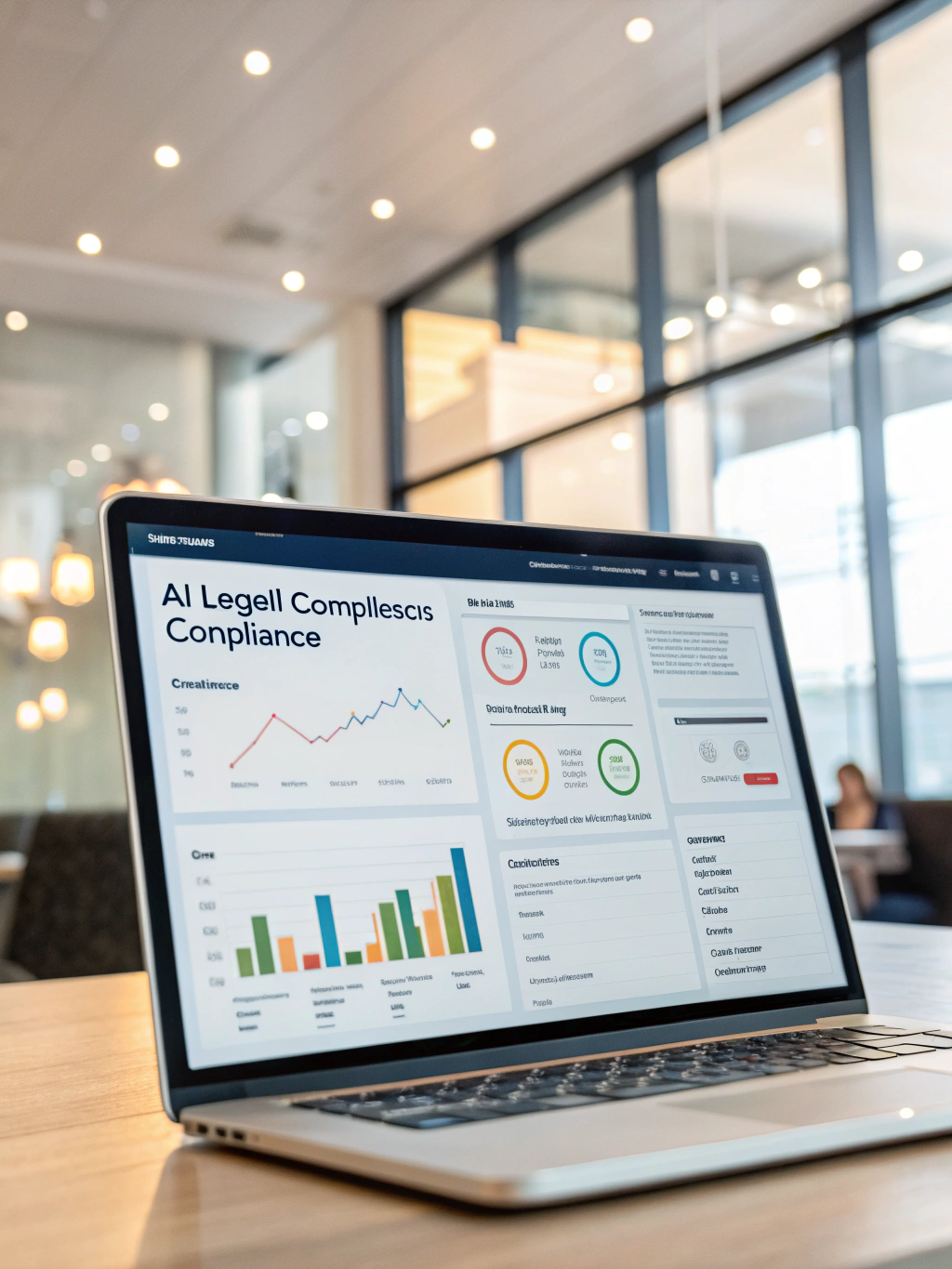
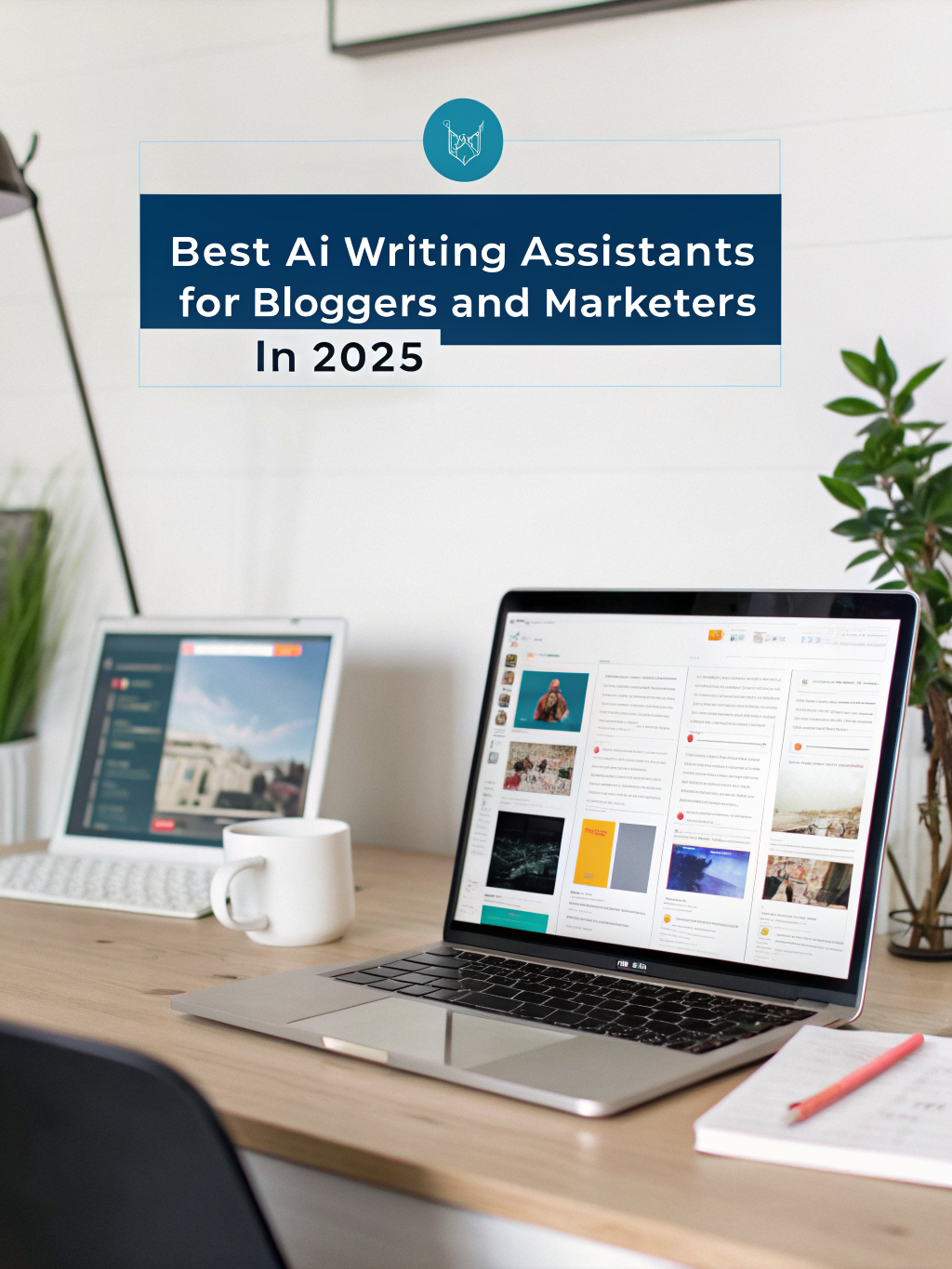
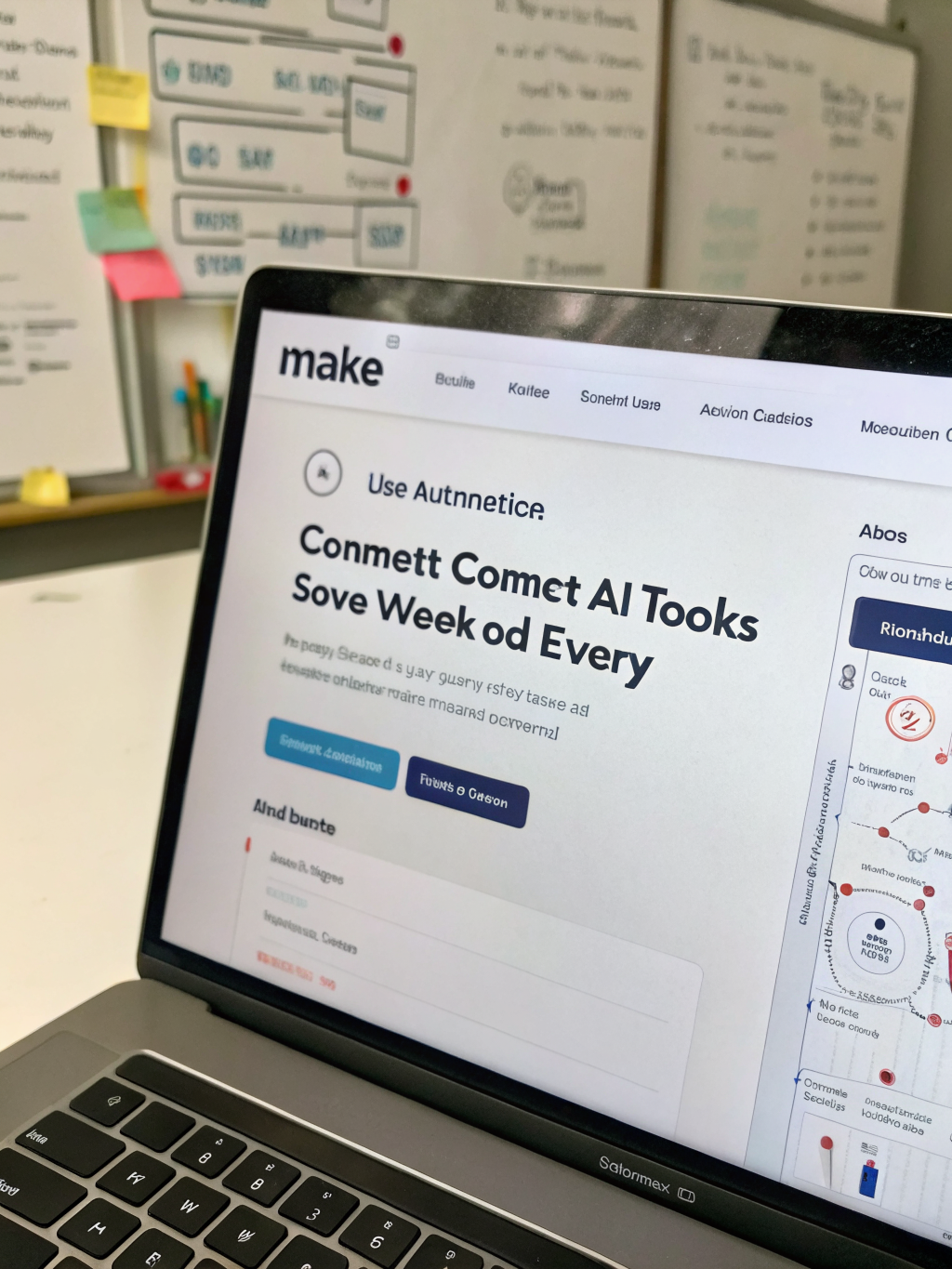


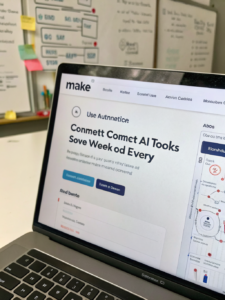

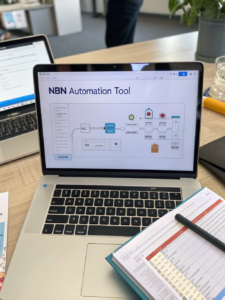

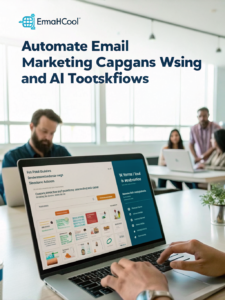




Post Comment